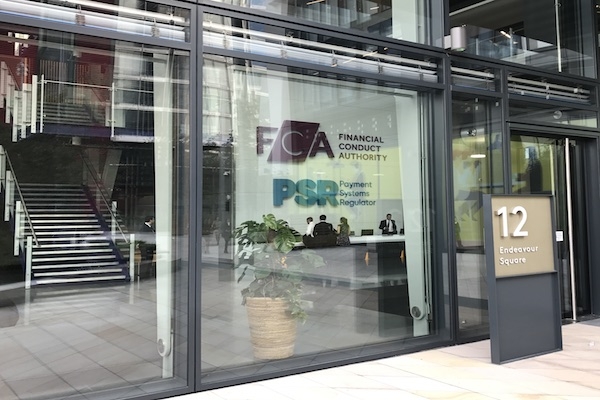Advisers have had their say on the FCA’s review of the advice market, which was launched today.
The regulator has appealed for input from the advice profession as part of the review.
The FCA’s official ‘call for input’ document listed concerns about the way the industry works.
It read: “As set out in our analysis of the investment sector, we have some concerns that, in parts of the market, there may be problems with conflicts of interest, poor treatment of consumers and misleading or confusing communications.
“Consumers can struggle to assess the cost of advice and may overpay for services which they do not need.”
The regulator is seeking input on its proposed approach to reviewing the Retail Distribution Review (RDR) and the Financial Advice Market Review (FAMR).
Simon Cowley, financial adviser at Walker Crips Wealth Management, said: “The RDR and FAMR have driven a general increase in professional standards and transparency across the industry.
“Clients broadly have a better understanding of what they are investing in, what they can reasonably expect and what they are being charged.
“An unintended consequence of RDR and FAMR is the reduction in available advisers and corresponding increase in costs to clients.
“Advice has become a preserve of the wealthy.
“However, there is scope for the introduction of technology into financial advice which I would expect to improve the situation.”
He added: “It is clear that the RDR and FAMR have been successful as the underlying suitability of the advice being provided across the industry has greatly improved.
“Client outcomes have become more of a focus of advice, improving trust and forging better relationships between advisers and their clients.”
Mr Cowley also called for banning so-called ‘phoenix firms’ to “increase trust and reduce bad practice”.
Andy Thompson, CEO of Quilter’s advice businesses, said: “The Retail Distribution Review and the Financial Advice Market Review were wide ranging and time has moved on since then so it’s important that the regulator focus its energy on the most pertinent part of those reviews.
“In general this is an excellent opportunity to tackle some of the challenges within in the advice industry that mean it isn’t working to the best of its ability to help the public make the most of their money.
“Since its implementation in 2013, the RDR has transformed the financial advice industry in the UK and has achieved its goal of increasing transparency, fairness and professionalism of the sector.”
LEBC Group’s director of Public Policy, Kay Ingram, said: “The key focus of the FCA review is around the success of the advice sector and the regulator in improving training and qualifications, removing conflicts of interest between advisers and consumer, better treatment of consumers, clearer communications and transparency around the cost of advice.
“It is encouraging that the FCA has acknowledged the progress made since RDR in these areas.
“However, advice firms still have more to do if they are to reach more consumers with the advice which we believe they may benefit from.”
She added: “The FAMR also looked at the structure and cost of funding which the Financial Ombudsman Service set up to help consumers pursue complaints, and furthermore the Financial Services Compensation Scheme, which provides redress to those customers of firms which fail.
“We believe there is more work to be done in this area to ensure that the availability of the FSCS safety net is not abused by firms which set out to recklessly pursue short-term profits, but then fold and leave their liabilities with compliant firms.
“Picking up the bill for the reckless or fraudulent behaviour of others is a tax on advice and increases the cost to consumers; this aspect of cost of advice needs to be addressed too.”
Ian Sayers, chief executive of the Association of Investment Companies (AIC), said: “We welcome the FCA’s call for input in evaluating RDR.
“The changes RDR put in place were a significant step in the right direction to improve financial advice to retail investors.
“Purchases of investment companies by advisers and wealth managers on adviser platforms have increased five-fold since RDR, from £219m in 2012 to nearly a billion in 2018.
“However, there’s still more work to be done.
“The majority of advisors are not recommending investment companies to their clients despite investment companies’ many benefits.
“We look forward to continuing to work with the FCA and contributing to the call for input.”
An Aegon spokesman said: “Aegon welcomes the FCA’s call for input ahead of assessing the effectiveness of the Retail Distribution Review (RDR) and the Financial Advice Market Review (FAMR).
“In particular it welcomes the FCA looking not just at original intentions behind these reviews, but considering current and future market trends and developments in the advice and guidance space.”
Hugh Savill, director of regulation at the ABI, said: “Financial advice can help people make the most of their retirement, but at the moment the market is not working for the majority of consumers.
“The measures proposed in the Financial Advice Market Review were supposed to lower costs and narrow the advice gap, but this has not materialised in reality.
“We welcome today’s Call for Input and look forward to engaging comprehensively on this important issue.”

